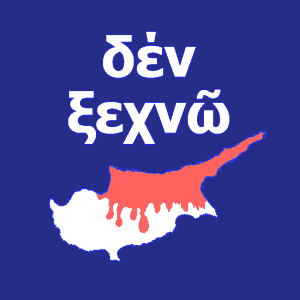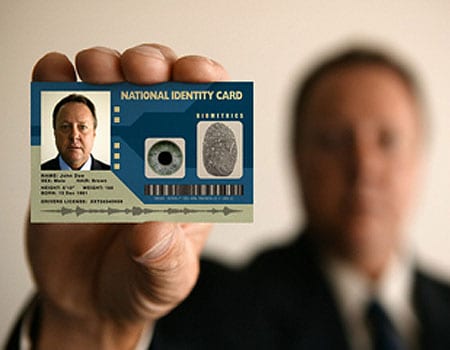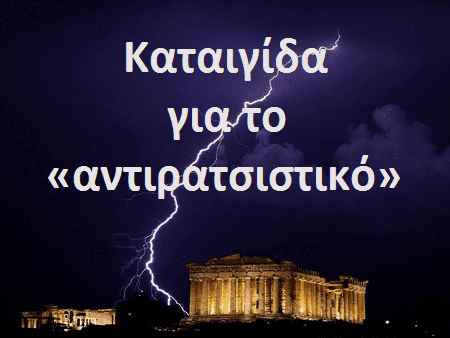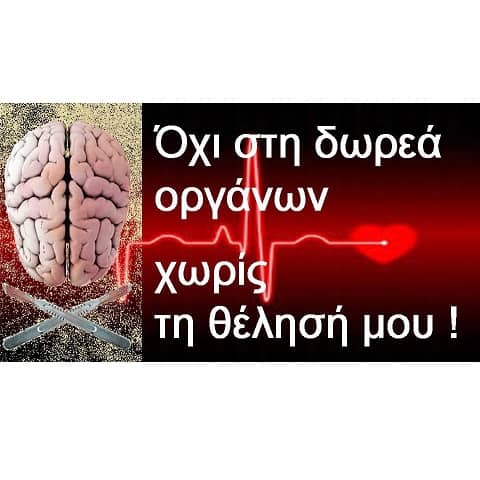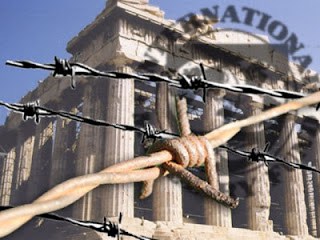
There is a global push by lawmakers to eliminate the use of physical cash around the world. This movement is often referred to as “The War on Cash”, and there are three major players involved:
1. The Initiators Who?
Governments, central banks. Why?
The elimination of cash will make it easier to track all types of transactions – including those made by criminals.
2. The Enemy Who?
Criminals, terrorists Why?
Large denominations of bank notes make illegal transactions easier to perform, and increase anonymity.
3. The Crossfire Who?
Citizens Why?
The coercive elimination of physical cash will have potential repercussions on the economy and social liberties.
Is Cash Still King?
Cash has always been king – but starting in the late 1990s, the convenience of new technologies have helped make non-cash transactions to become more viable:
- Online banking
- Smartphones
- Payment technologies
- Encryption
By 2015, there were 426 billion cashless transactions worldwide – a 50% increase from five years before.
| Year | # of cashless transactions |
|---|---|
| 2010 | 285.2 billion |
| 2015 | 426.3 billion |
And today, there are multiple ways to pay digitally, including:
- Online banking (Visa, Mastercard, Interac)
- Smartphones (Apple Pay)
- Intermediaries ( Paypal , Square)
- Cryptocurrencies (Bitcoin)
The First Shots Fired
The success of these new technologies have prompted lawmakers to posit that all transactions should now be digital.
Here is their case for a cashless society:
Removing high denominations of bills from circulation makes it harder for terrorists, drug dealers, money launderers, and tax evaders.
- $1 million in $100 bills weighs only one kilogram (2.2 lbs).
- Criminals move $2 trillion per year around the world each year.
- The U.S. $100 bill is the most popular note in the world, with 10 billion of them in circulation.
This also gives regulators more control over the economy.
- More traceable money means higher tax revenues.
- It means there is a third-party for all transactions.
- Central banks can dictate interest rates that encourage (or discourage) spending to try to manage inflation. This includes ZIRP or NIRP policies.
Cashless transactions are faster and more efficient.
- Banks would incur less costs by not having to handle cash.
- It also makes compliance and reporting easier.
- The “burden” of cash can be up to 1.5% of GDP, according to some experts.
But for this to be possible, they say that cash – especially large denomination bills – must be eliminated. After all, cash is still used for about 85% of all transactions worldwide.
A Declaration of War
Governments and central banks have moved swiftly in dozens of countries to start eliminating cash.
Some key examples of this? Australia, Singapore, Venezuela, the U.S., and the European Central Bank have all eliminated (or have proposed to eliminate) high denomination notes. Other countries like France, Sweden and Greece have targeted adding restrictions on the size of cash transactions, reducing the amount of ATMs in the countryside, or limiting the amount of cash that can be held outside of the banking system. Finally, some countries have taken things a full step further – South Korea aims to eliminate paper currency in its entirety by 2020.
But right now, the “War on Cash” can’t be mentioned without invoking images of day-long lineups in India. In November 2016, Indian Prime Minister Narendra Modi demonetized 500 and 1000 rupee notes, eliminating 86% of the country’s notes overnight. While Indians could theoretically exchange 500 and 1,000 rupee notes for higher denominations, it was only up to a limit of 4,000 rupees per person. Sums above that had to be routed through a bank account in a country where only 50% of Indians have such access.
The Hindu has reported that there have now been 112 reported deaths associated with the Indian demonetization. Some people have committed suicide, but most deaths come from elderly people waiting in bank queues for hours or days to exchange money.
Caught in the Crossfire
The shots fired by governments to fight its war on cash may have several unintended casualties:
1. Privacy
- Cashless transactions would always include some intermediary or third-party.
- Increased government access to personal transactions and records.
- Certain types of transactions (gambling, etc.) could be barred or frozen by governments.
- Decentralized cryptocurrency could be an alternative for such transactions
2. Savings
- Savers could no longer have the inpidual freedom to store wealth “outside” of the system.
- Eliminating cash makes negative interest rates (NIRP) a feasible option for policymakers.
- A cashless society also means all savers would be “on the hook” for bank bail-in scenarios.
- Savers would have limited abilities to react to extreme monetary events like deflation or inflation.
3. Human Rights
- Rapid demonetization has violated people’s rights to life and food.
- In India, removing the 500 and 1,000 rupee notes has caused multiple human tragedies, including patients being denied treatment and people not being able to afford food.
- Demonetization also hurts people and small businesses that make their livelihoods in the informal sectors of the economy.
4. Cybersecurity
- With all wealth stored digitally, the potential risk and impact of cybercrime increases.
- Hacking or identity theft could destroy people’s entire life savings.
- The cost of online data breaches is already expected to reach $2.1 trillion by 2019, according to Juniper Research.
As the War on Cash accelerates, many shots will be fired. The question is: who will take the majority of the damage?
Source: Money Visual Capitalist , ID-on't renounce my freedom




